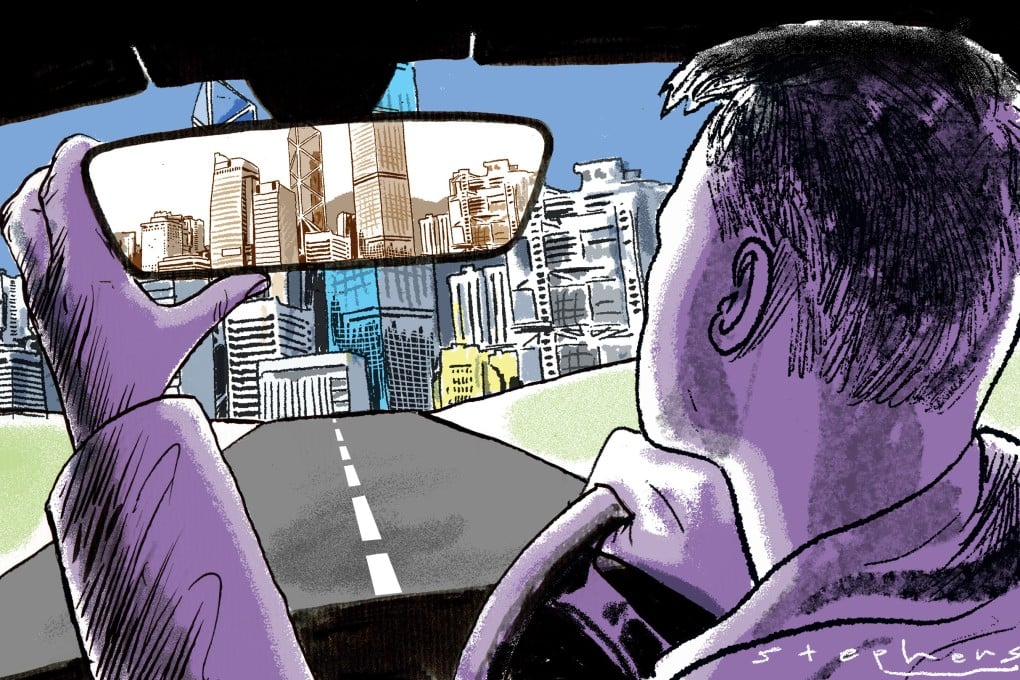Opinion | Hong Kong’s ‘new chapter’ under John Lee calls for reflecting on tumultuous past
- Tired of politics and the pandemic, people would welcome a fresh start, but we must acknowledge it has not been an easy journey since 1997
- The changes of recent years, including introduction of the national security law and political reform, have created uncertainty about the future

A popular Hong Kong tourist attraction in the 1970s and 80s was a trip to the Lok Ma Chau border. Visitors were taken to a hillside viewpoint where they could gaze in wonder at communist China across the river.
Hong Kong people, tired of politics and the pandemic, would welcome a fresh start. But there is a need to reflect on the past. We are at the halfway point of the 50 years during which the city’s way of life is guaranteed. It has not been an easy journey.
The joint declaration provided for what one legislator at the time described as an “arranged marriage”. Hong Kong people had little, if any, input. But it was an impressive document, providing an imaginative blueprint for the city’s future under the “one country, two systems” formula. The deal was well received in Hong Kong.
